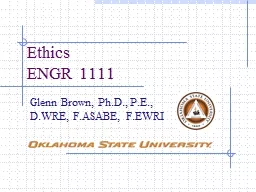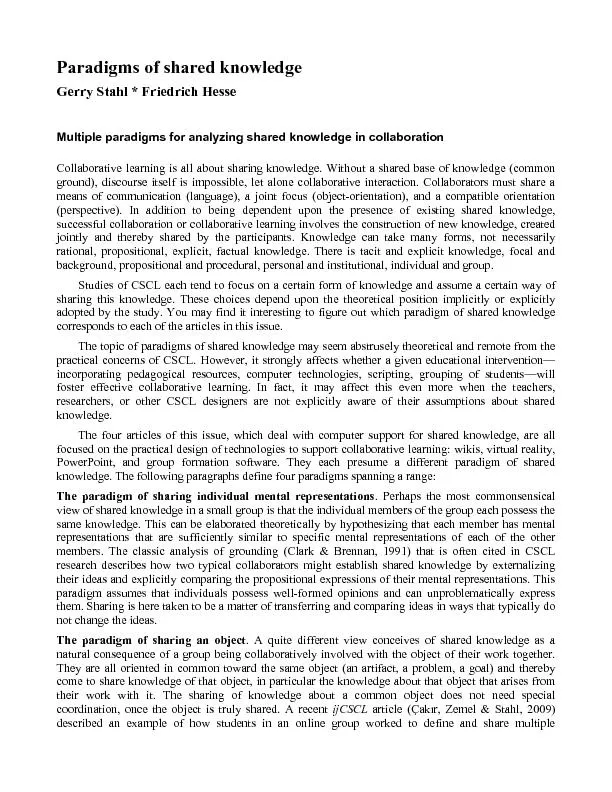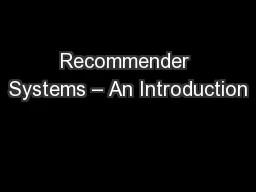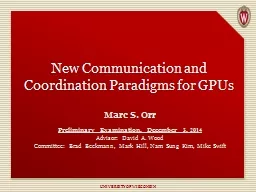PPT-PARADIGMS OF COGNITIVE PSYCHOLOGY
Author : elyana | Published Date : 2022-05-14
By Balaji Niwlikar httpswwwcareershodhcom 1 Cognitive psychology Branch of psychology that studies mental processes including how people think perceive remember
Presentation Embed Code
Download Presentation
Download Presentation The PPT/PDF document "PARADIGMS OF COGNITIVE PSYCHOLOGY" is the property of its rightful owner. Permission is granted to download and print the materials on this website for personal, non-commercial use only, and to display it on your personal computer provided you do not modify the materials and that you retain all copyright notices contained in the materials. By downloading content from our website, you accept the terms of this agreement.
PARADIGMS OF COGNITIVE PSYCHOLOGY: Transcript
Download Rules Of Document
"PARADIGMS OF COGNITIVE PSYCHOLOGY"The content belongs to its owner. You may download and print it for personal use, without modification, and keep all copyright notices. By downloading, you agree to these terms.
Related Documents














